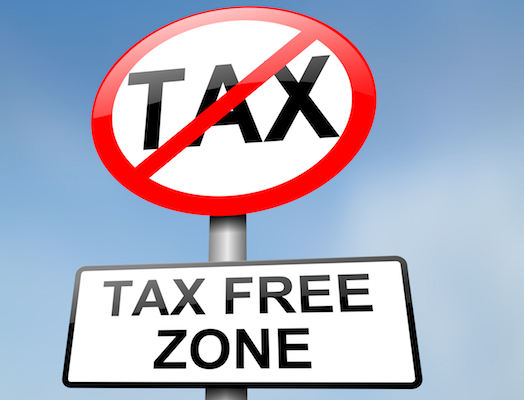Recent lawsuits are asking courts whether the current crisis is comparable to the one over tobacco in the ’90s.
By Alana Semuels
Who is responsible for this? Some attorneys general and advocates are now asking in court whether the pharmaceutical companies who marketed the drugs and downplayed their addictive nature can be held legally responsible for—and made to pay for the consequences of—the crisis. This may not be such an outlandish idea; in fact, there’s a good precedent. In 1998, the tobacco industry, 46 states, and six other jurisdictions entered into the largest civil-litigation settlement agreement in U.S. history. State attorneys general had sued tobacco companies, arguing that the companies should take up the burden of paying for the costs of treating smoking-related diseases. In the settlement, which left the tobacco industry immune from future state and federal suits, the companies agreed to make annual payments to the states, in perpetuity, to fund public-health programs and anti-smoking campaigns.
The lawsuit follows similar recent lawsuits in Illinois, Mississippi, four counties in New York, and Santa Clara and Orange Counties in California. Last month, the Cherokee Nation filed a lawsuit against distributors and pharmacies in tribal court over the opioid epidemic. In January, the city of Everett, Washington, filed a lawsuit against Purdue Pharma, the makers of OxyContin, alleging that the company knew the drug was being funneled into the black market but did nothing to stop it.
Read more at https://www.theatlantic.com/business/archive/2017/06/lawsuit-pharmaceutical-companies-opioids/529020/











